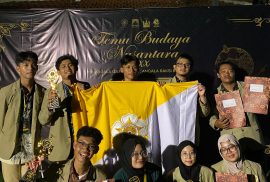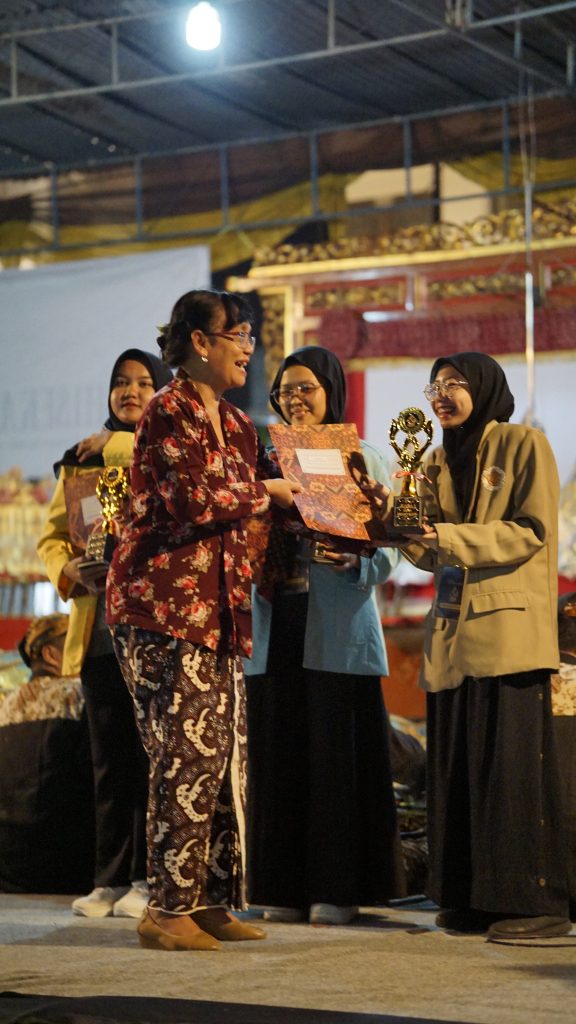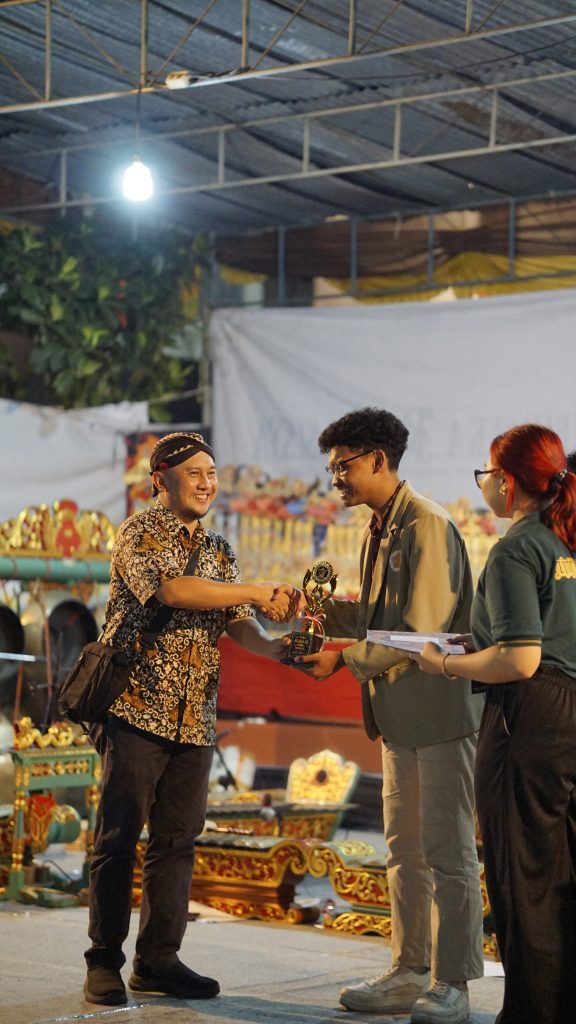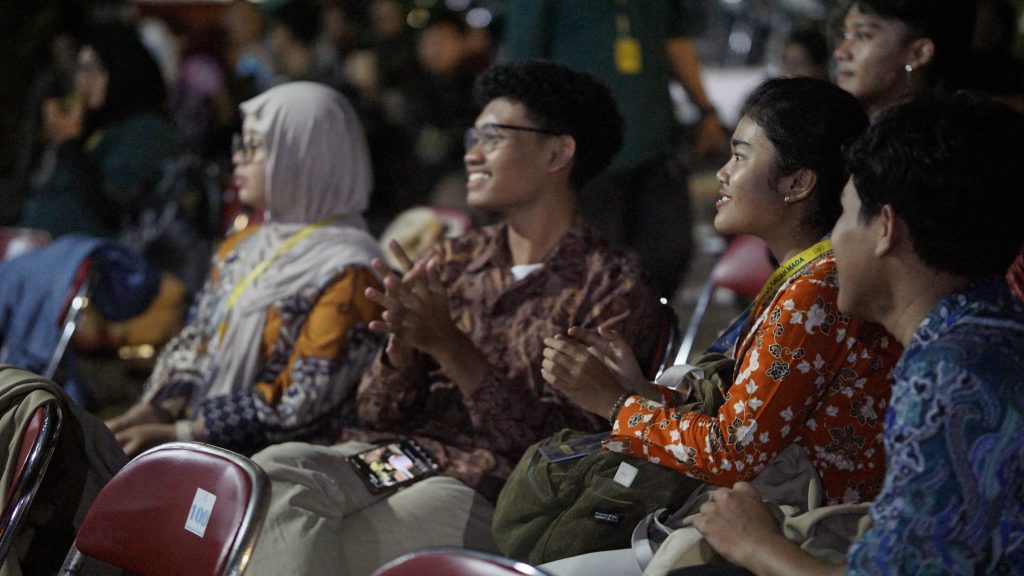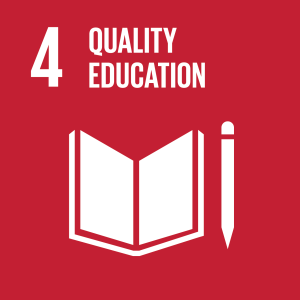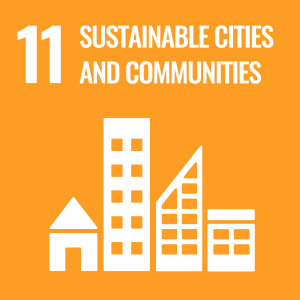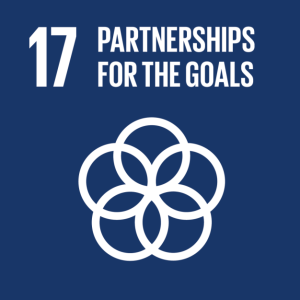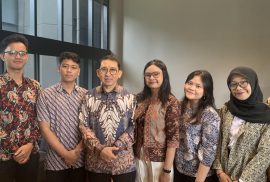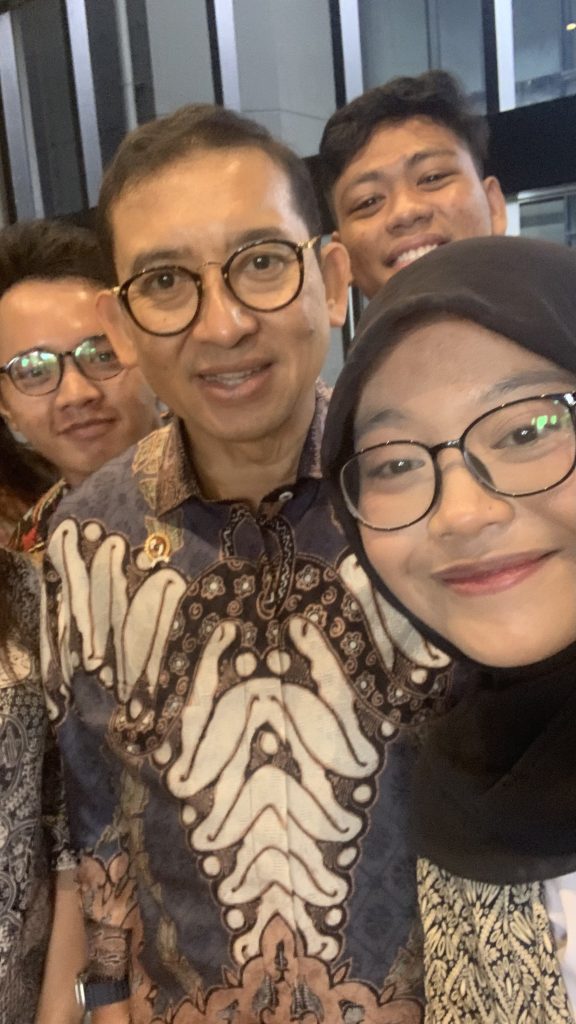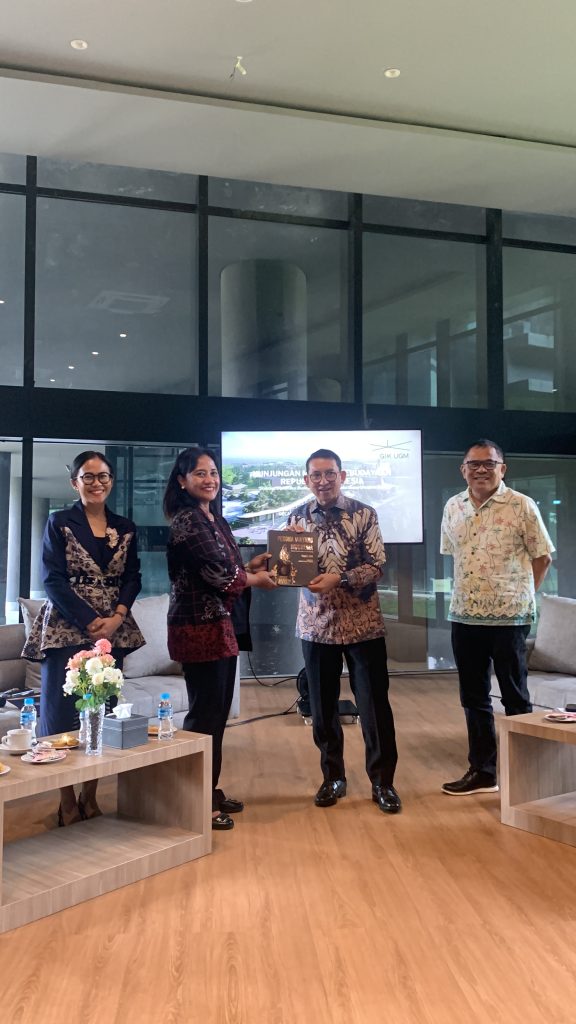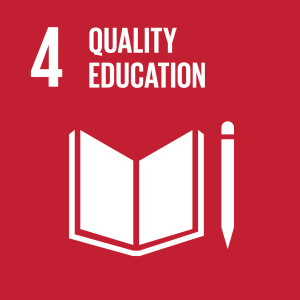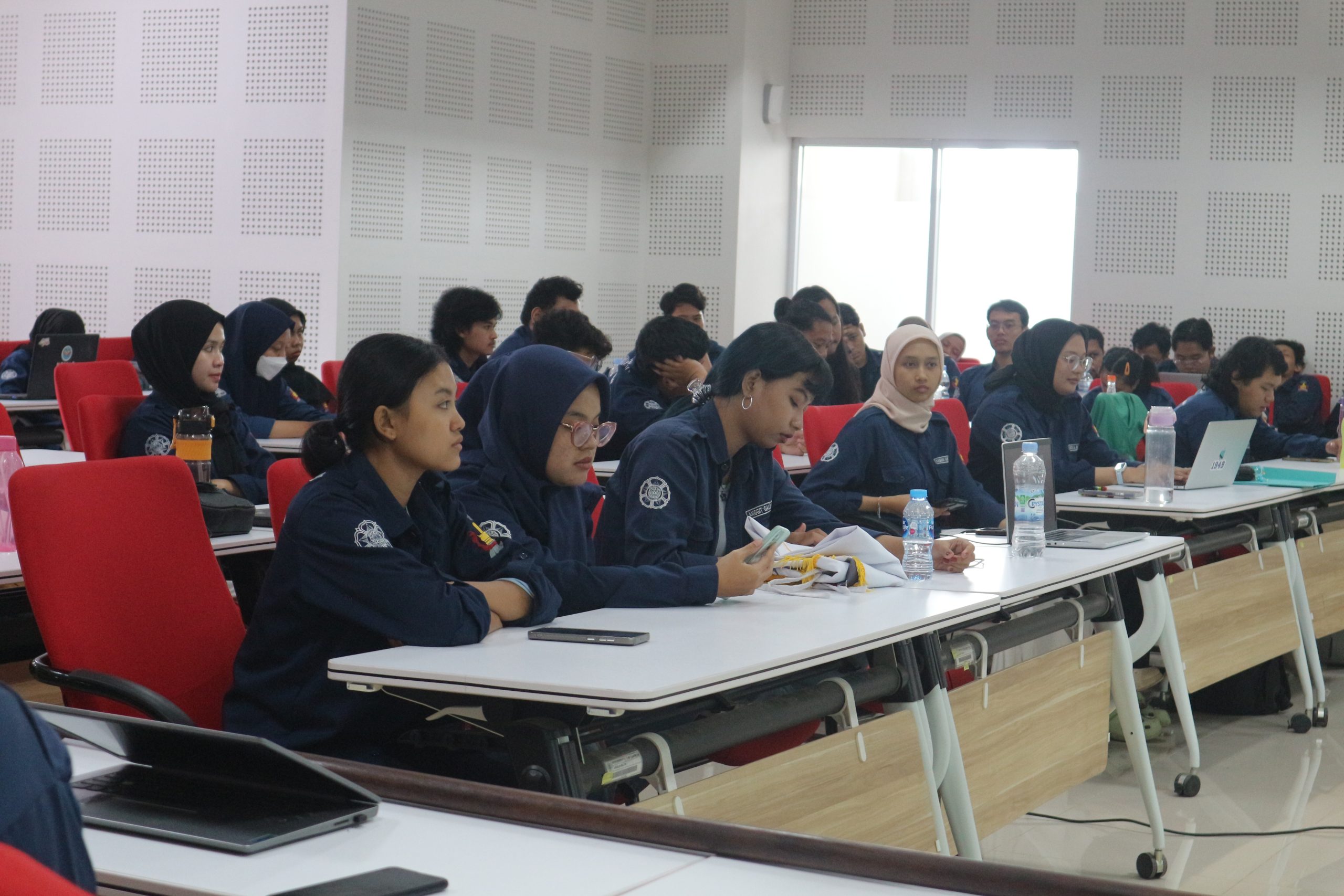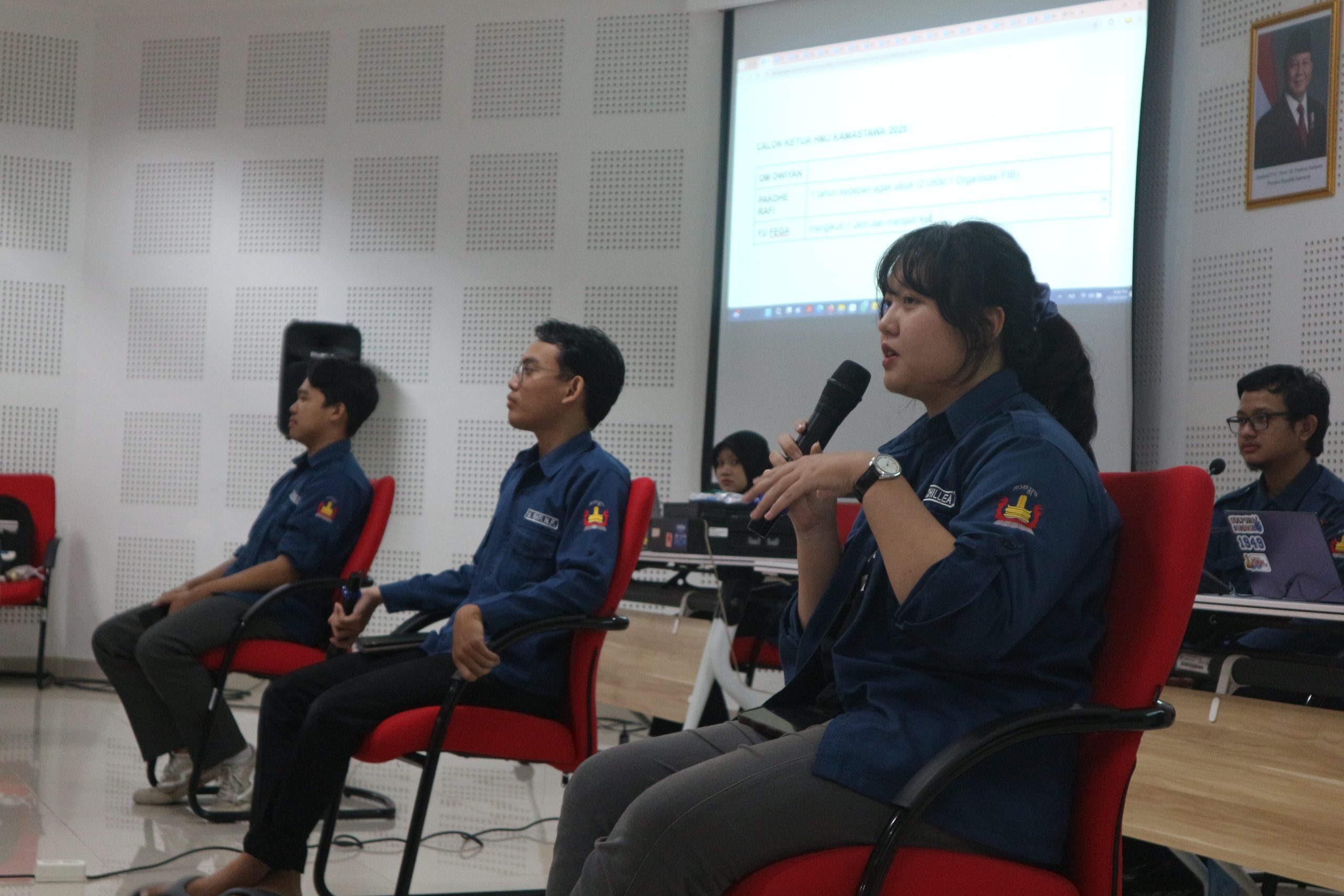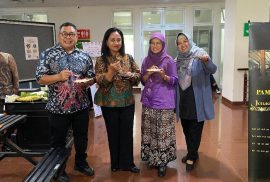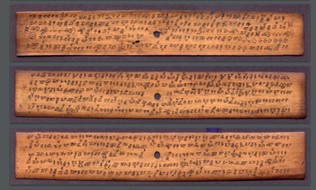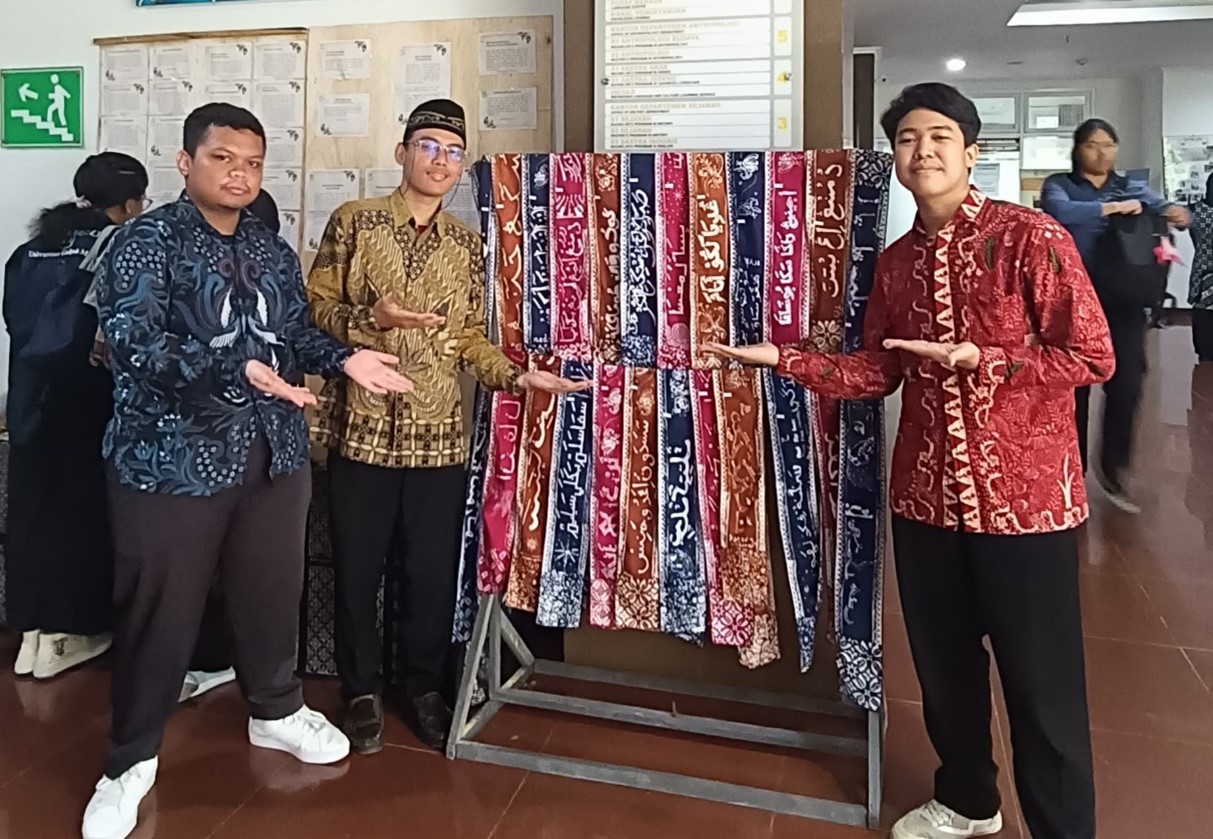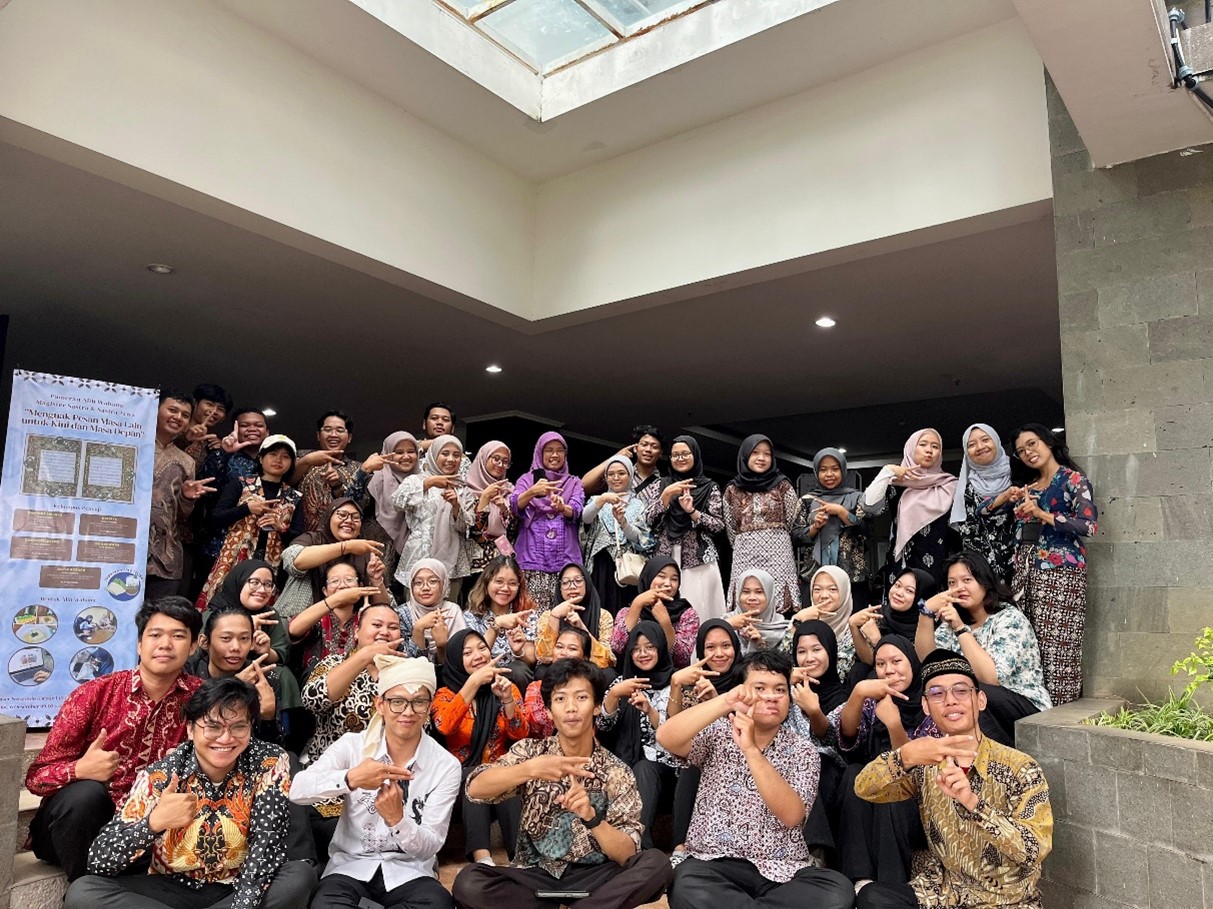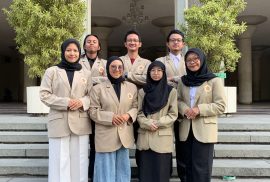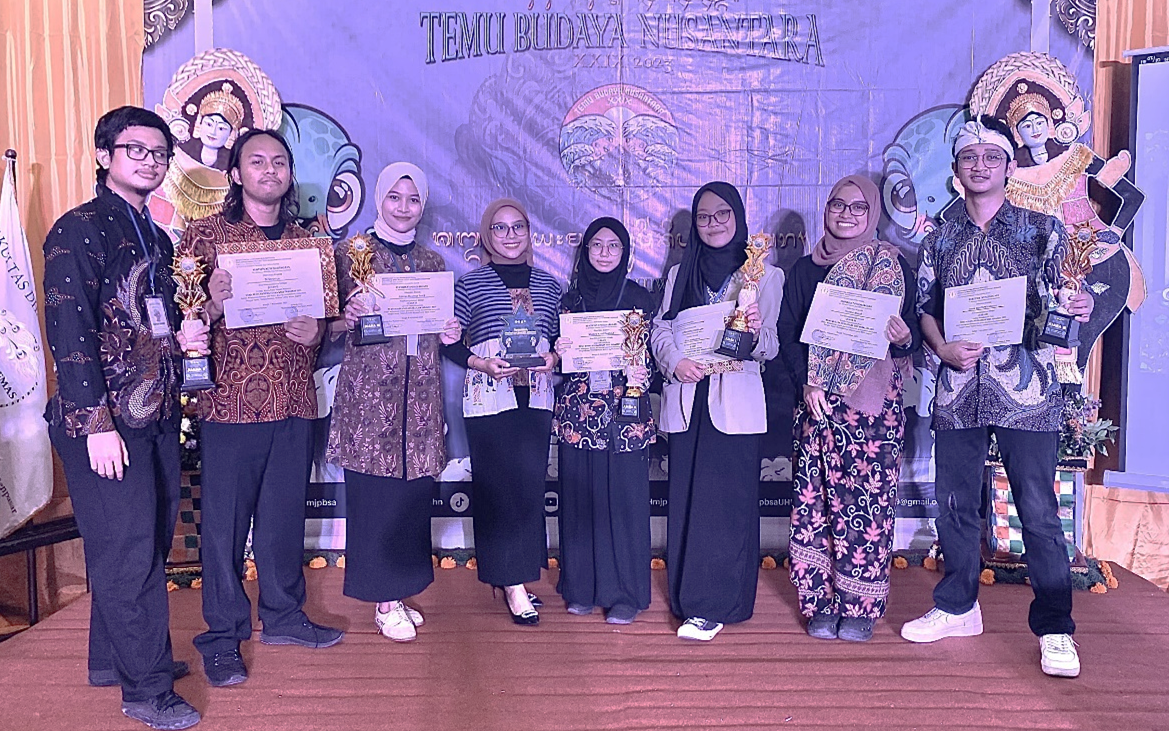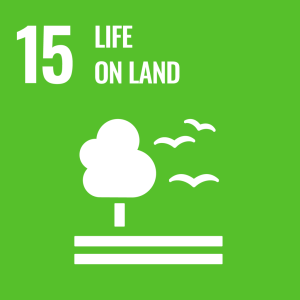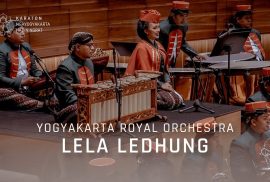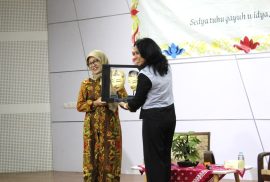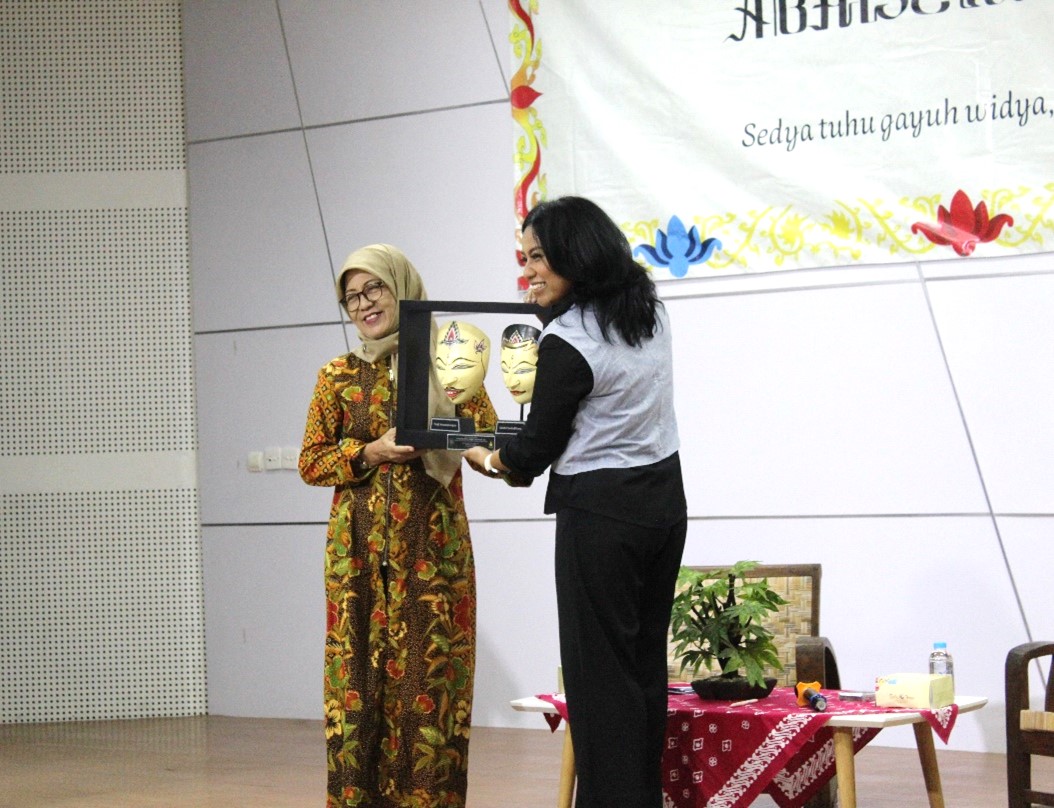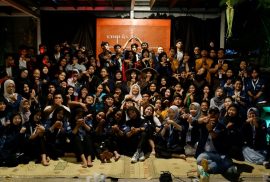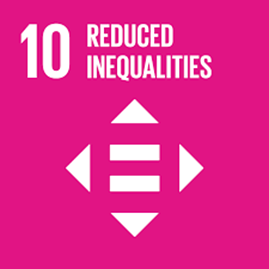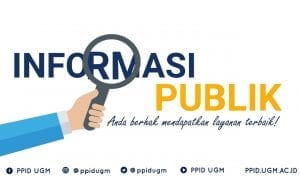The 30th Nusantara Cultural Gathering by Imbasadi: A Place to Showcase the Achievements of the Universitas Gadjah Mada Delegation
College StudentImbasadiNewsSDGSStudent's ActivityStudent's Work Friday, 17 January 2025
As the host of Temu Budaya Nusantara (TBN) XXX Imbasadi, Universitas Gadjah Mada (UGM) remains serious in the competition that is part of the big series. The earnestness of the UGM delegation, represented by ten students of the Javanese Language, Literature, and Culture Study Program, paid off with championships in three branches of the competition, including the following:
- 1st place in the National Scientific Writing Competition (LKTIN) - Haryo Untoro, Daffa Pharaja Mustofa, and Miktahul Ulumudin
The work competed in LKTIN has the title Implementation of Asthabrata Concept as the Foundation of Generation Z Life. This study raises the material object in the form of Asthabrata's leadership concept in Yasadipura I's Serat Rama, which turns out to be relevant and can be a life guide for generation Z.
- 1st place in Batik Design Competition - Meifira Arini Pitaloka
The batik designed by Meifira Arini Pitaloka presents a butterfly with various batik motifs on its wings, as well as other supporting motifs. From her work, there is an in-depth philosophy of Indonesian culture as the identity of the people of the archipelago, with its various forms, patterns, and philosophies, and continues to live and develop throughout the ages.
- 3rd Place in Storytelling Competition - Ghibran Arsha Daffa' Musaffa'
Ghibran Arsha Daffa' Musaffa' presented a story entitled Nyai Rangga Wati. The story focuses on the quarrel between a couple, Joko and Wati, in Malioboro. During the argument, Joko did not want Wati to continue her desire to become a Jathilan player, which he considered an ancient and backward art. The argument ended with their relationship breaking down. In the end, Wati continued to pursue her dream as a Jathilan dancer and was dubbed by the community as Nyai Rangga Wati.
Imbasadi's XXXth Nusantara Cultural Gathering took place over five days, from November 11-15, 2024. The event themed Manggala Gajah Mada: Ancala Raksi Budaya 'Pioneer Gajah Mada: Bagai Gunung Pengharum Budaya' took place with a variety of events, such as various competitions, batik, tilik UGM, until the peak night in the form of awarding champions, wayang kulit performance of the Gajah Mada Kridha play, and cultural tours to Pura Pakualaman.
There are seven (7) competitions held, namely cultural performances, National Scientific Writing Competition (LKTIN), fairy tale competition, batik design competition, Tiktok archipelago competition, documentary film competition, and essay competition.
The delegates who participated in the event consisted of the 3 youngest batches, from the batch of 2022 there was Haryo Untoro, then from the batch of 2023 represented by Meifira Arini Pitaloka and Nisrina Almasevi, while the batch of 2024 was represented by Dhaffa Pharaja Mustofa, Ghibran Arsha Daffa' Musaffa', Harvesto Qodam Sahaja, Miktahul Ulumudin, Nurcholish Ramadhan, Noviyanti Alfitri, and Shabrina Fitra Azzahra.
With the implementation of the XXXth National Cultural Meeting, it is hoped that it can generate enthusiasm for students to continue to appreciate, explore, preserve, and develop traditional and cultural heritage in Indonesia. The existence of the TBN-XXX can also be a place to strengthen the relationship of students of regional language and literature study programs throughout Indonesia, and unite the spirit to realize the goals of sustainable development for the advancement of national civilization.
Our gratitude goes to all parties who participated in supporting and organizing this activity. Thank you also to all students majoring in regional literature throughout Indonesia who have attended and tried together to preserve and enliven the diversity of Indonesia in full harmony. Hopefully in the future, Imbasadi can present real efforts in cultural preservation and spread benefits to the people of Indonesia.
Indonesia is diverse, Imbasadi unites.
Writer : Haryo Untoro
Editor : Fega Achillea Maydena

